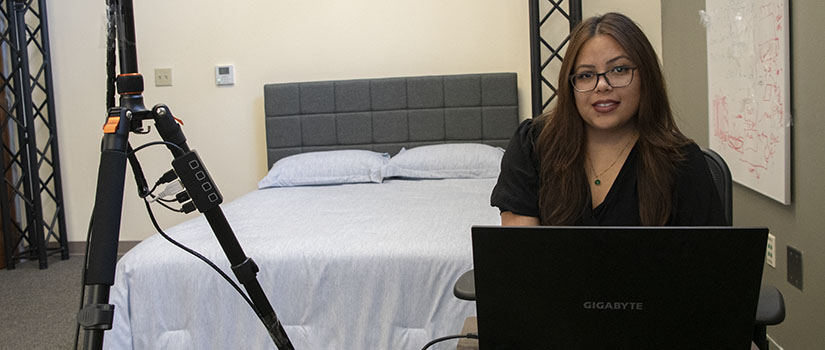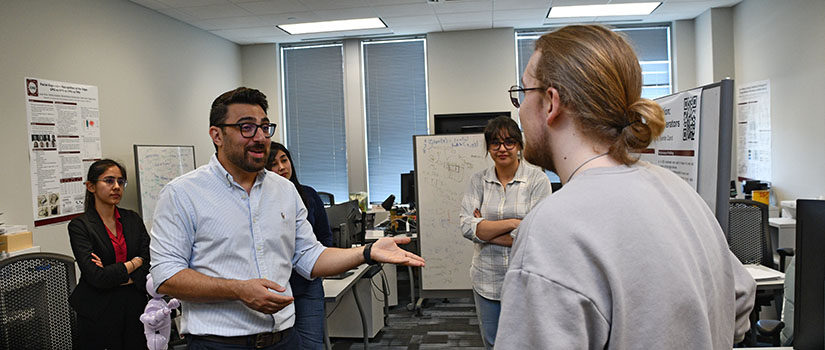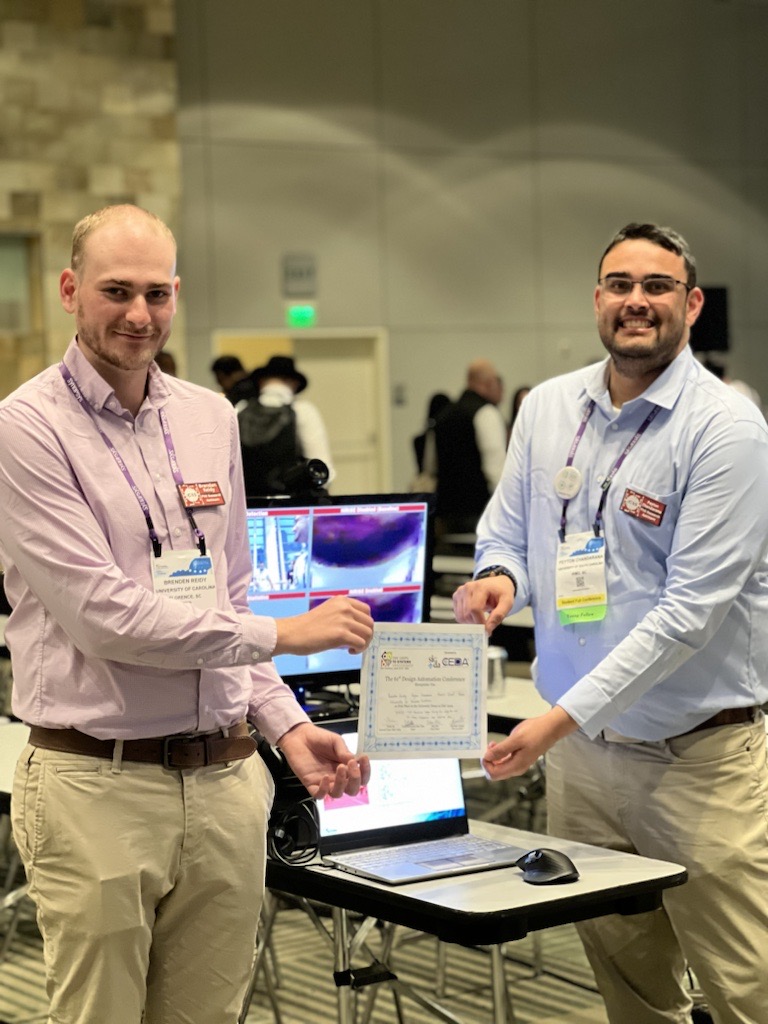A Hybrid System for Real-Time Sign Language Translation
The iCAS Lab, directed by Dr. Ramtin Zand, has just published an outreach audiobook on the science communication channel, SciPod!
The audiobook highlights a recently awarded NSF CAREER project: "Heterogeneous Neuromorphic and Edge Computing Systems for Realtime Machine Learning Technologies." Tailored for a general audience, it emphasizes the potential broader impacts of the research, particularly in real-time sign language translation.
The audiobook is available on all major streaming services. We invite you to listen and reach out to Dr. Zand at ramtin@cse.sc.edu if you are interested in collaborating to advance real-time AI and ML technologies for assistive applications and beyond! The iCAS Lab is also looking to recruit undergraduate research assistants for this exciting project!
Link to Audiobook: Dr Ramtin Zand | A Hybrid System for Real-Time Sign Language Translation • scipod.global

 Assistant Professor of Computer Science and Engineering
Assistant Professor of Computer Science and Engineering  The
The